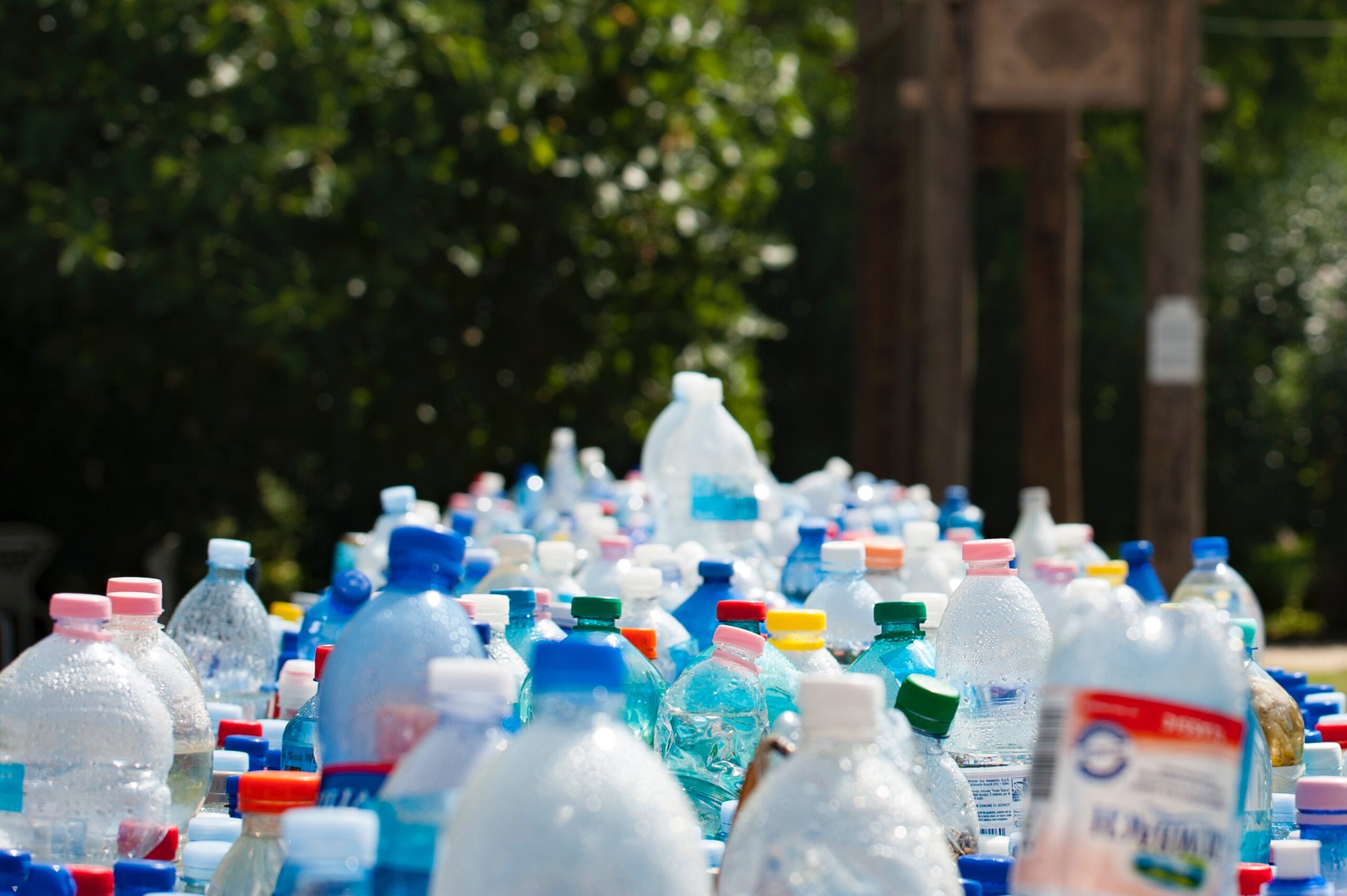
Social inclusion is necessary for economic just transition, along the full plastics value chain, to create a circular economy. Yunus Environment Hub, GIZ, IUCN and IUCN WCEL have created a short 2-page resource document, with a strong call to action, to highlight key points as the world moves into the final Intergovernmental Negotiations Committee meeting (INC-5) in Busan, Republic of Korea, in November 2024, for an international legally binding instrument on plastic pollution, including in the marine environment.
What’s at Stake?
Plastic pollution has reached crisis levels, endangering ecosystems and livelihoods globally. While efforts to address plastic waste are increasing, they often fail to account for the socio-economic impacts on marginalized communities.
At Yunus Environment Hub, we view INC-5 as a pivotal opportunity to integrate Just Transition principles into the Global Plastics Treaty. A socially inclusive approach ensures that environmental solutions also uplift the communities most affected by plastic pollution, fostering sustainable, long-term impacts across the plastics lifecycle.
Defining a Just Transition in Plastics
A just transition extends beyond mitigating environmental harm—it involves building systems that create opportunities for all, particularly those on the economic margins. It addresses the intertwined challenges of environmental degradation, socio-economic inequality, and dependence on harmful practices.
For a truly transformative Global Plastics Treaty, a just transition must be woven into its very foundation. This means embedding principles that engage diverse stakeholders, protect vulnerable groups, and create inclusive economic opportunities, all while fostering environmental stewardship.
Why a Just Transition is Essential
The shift toward a circular plastics economy impacts workers, informal sector participants, and communities in profound ways. Without safeguards, efforts to phase out plastics can inadvertently leave behind those who rely on related industries for their livelihoods.
A just transition ensures that:
- Workers and communities benefit from just policies that promote job creation and capacity-building opportunities.
- Businesses are incentivized to adopt regenerative models that reduce dependency on fossil-fuel-based plastics.
- Governments align national policies with global goals for equitable and sustainable growth.
Download the 2 page resource guide here
The Yunus Environment Hub’ approach
Yunus Environment Hub is dedicated to supporting social businesses and communities as they navigate this transition. Our work highlights the importance of creating scalable, inclusive circular economy solutions that engage all actors in the plastics value chain—from policymakers to informal waste workers.
“While mitigating the impact of plastics of concern and mismanaged waste is urgent, actions must take a holistic approach to bring positive impact for both people and planet. This is why just transition is at the heart of our work at Yunus Environment Hub where we support social business entrepreneurs that offer scalable circular economy solutions. We urge negotiators to take advantage of this critical moment at INC5 to incorporate just transition as a core element in the ILBI to build the foundation for holistic impact that benefits people and planet.”
— Christina Jäger, Co-founder & Managing Director, Yunus Environment Hub
Call To Action
Yunus Environment Hub and IUCN are actively seeking opportunities to implement small scale pilot projects to demonstrate the practical application of just transition principles. Pilots can identify barriers, opportunities, and gather data in a cost-effective manner, and provide a foundation for best practice sharing. By using the roadmap and recommendations, including social indicators, implementing partners can develop and adopt just transition standards and KPIs to evaluate and measure aspects of success to determine social, environmental and economic impact.
Reach out to our team to learn more info@yunuseh.com
Photo credit: Pexels